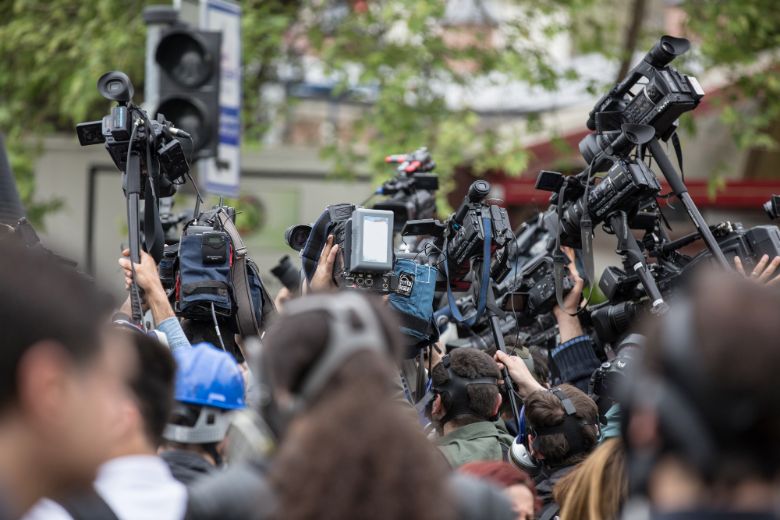In mass tort cases, the media’s and the public’s impact can be crucial since it can affect how the public views the case and the lawsuit’s result. The problem at hand and the harm brought on by the defendant’s conduct or goods can both be made more widely known through media coverage in mass tort cases. The media’s ability to influence public opinion in favor of the defendant can make it a double-edged sword, too, so it should be utilized with caution.
By reporting on the case in a way that is beneficial or unfavorable to the plaintiffs, the media can play an important role in molding public opinion. In addition to increasing public support for the plaintiffs, favorable media coverage can put pressure on the defendant to reach a settlement or alter their course of conduct. Negative media coverage, on the other hand, might harm the plaintiffs’ cause and make it more difficult for them to prevail in their actions.
Building a powerful PR campaign is one of the most crucial elements of mass tort lawsuits because it may assist the plaintiffs to win public support and put pressure on the defendant to settle or modify their course of action. Utilizing social media and other channels to raise awareness and support among the general public is two examples of how to do this. The first is through working with the media to garner favorable coverage of the situation.
Furthermore, public opinion may have an impact on the outcome of the case. The verdict in mass tort cases may be influenced by how the public perceives the case and the defendant. Personal ideas and experiences may also shape jurors’ perspectives on the case.
It is important to keep in mind that, despite the fact that the public’s perspective and the media can have a massive impact on mass tort cases, the strength of the case’s legal arguments and the facts produced in court should ultimately determine the result. The plaintiffs must have a strong legal team on their side in order to make a convincing case and remove any adverse views in the media or public eye.
